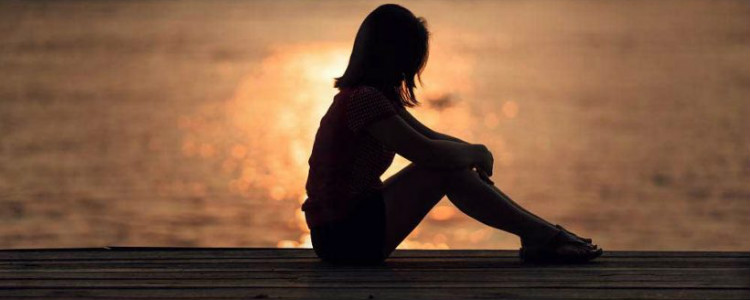Removing People from Your Life Doesn’t Make You a Bad Person
For me, recovery meant choosing to walk away. Recovery meant letting go of the things I wish I had had in the past: support, understanding, and nurturing.
“Family is everything.”
“Who can you depend on if you don’t have family?”
“Blood is thicker than water.”
These words of “wisdom” are drilled into many of us from the time we’re young. They litter Instagram feeds as graphic quotes and acquaintances utter them without thinking twice. However, not all of us are so fortunate to consider our familial relationships a source of pride and comfort.
I have a confession to make: I no longer have contact with most of my large extended family, even though they’re the closest to me geographically. That means no holiday visits, no phone calls (with the exception of minimal contact with select relatives), no social media friendships, and certainly no joint vacations.
Sometimes I feel guilty about it, but mostly I feel like a heavy weight has slipped off of my back and back into the depths of a deep, dark abyss. As an adult, I have no time for people who refuse to understand or accept who I am. I refuse to shrink in the face of ignorance and thinly-veiled hatred toward my queerness, my partner’s race and masculine presentation, my personal style, and my work in the mental health sphere.
“Home” has never felt safe to me. Home causes me to have a sinking feeling in my stomach and my heart to race. Home triggered anxiety and depression. Home triggered unhealthy coping mechanisms, like the eating disorder I struggled with in college. My eating disorder tried to convince me that the only real control I had was over what I put into my body. My eating disorder told me that if only I restricted more, I’d finally feel like I belonged.
For me, recovery meant choosing to walk away. Recovery meant letting go of the things I wish I had had in the past: support, understanding, and nurturing. Recovery meant accepting that my childhood may have been lacking, but I am no longer powerless, I am no longer silent, and I am no longer starving.
I’ve seen more than a few people in recovery speak openly about how their home lives influenced many of their eating disordered behaviors. I see you and I want you to know that your feelings are valid, and that you are strong as hell.
My path has not been easy, but a few things have helped immensely. Therapy empowered me to set and reinforce healthy boundaries. Joining a local body-positive group put me in the midst of like-minded people who value what I have to contribute. Engaging in activities I love enabled me to feel accomplished.
And in a pleasant twist, removing the people who hurt me gave me space to nurture relationships with those who are better for me, like members of my immediate family, members of my partner’s family, and friends I’ve known for years. It’s also allowed me to open the door to people who are open to knowing me for who I am.
I am no longer a scapegoat. I am no longer a victim. I just get to be a person.




